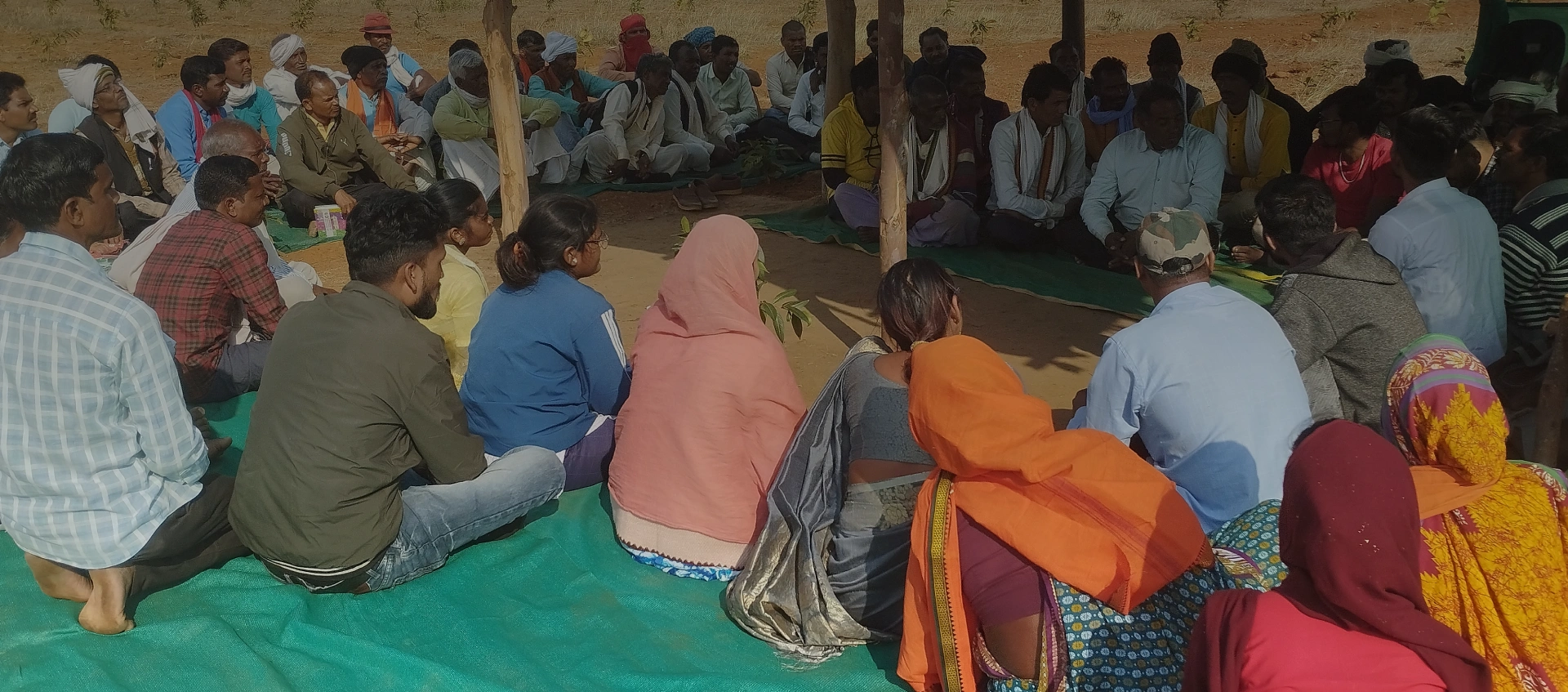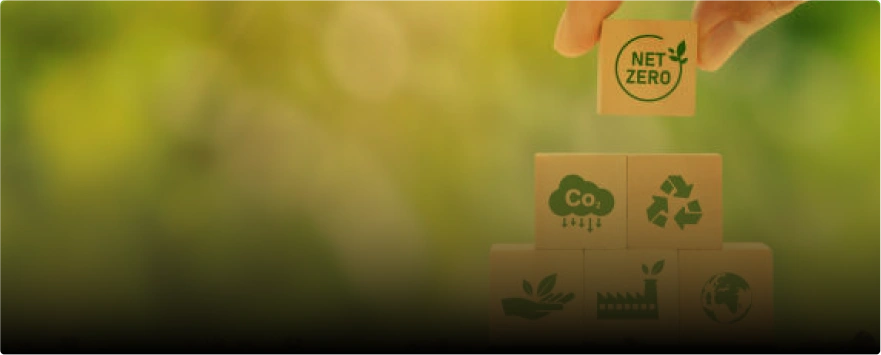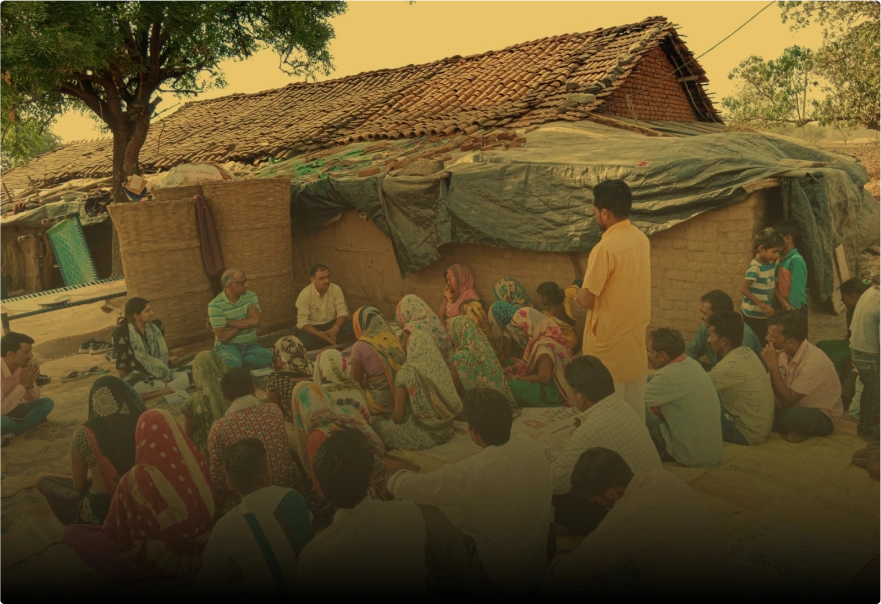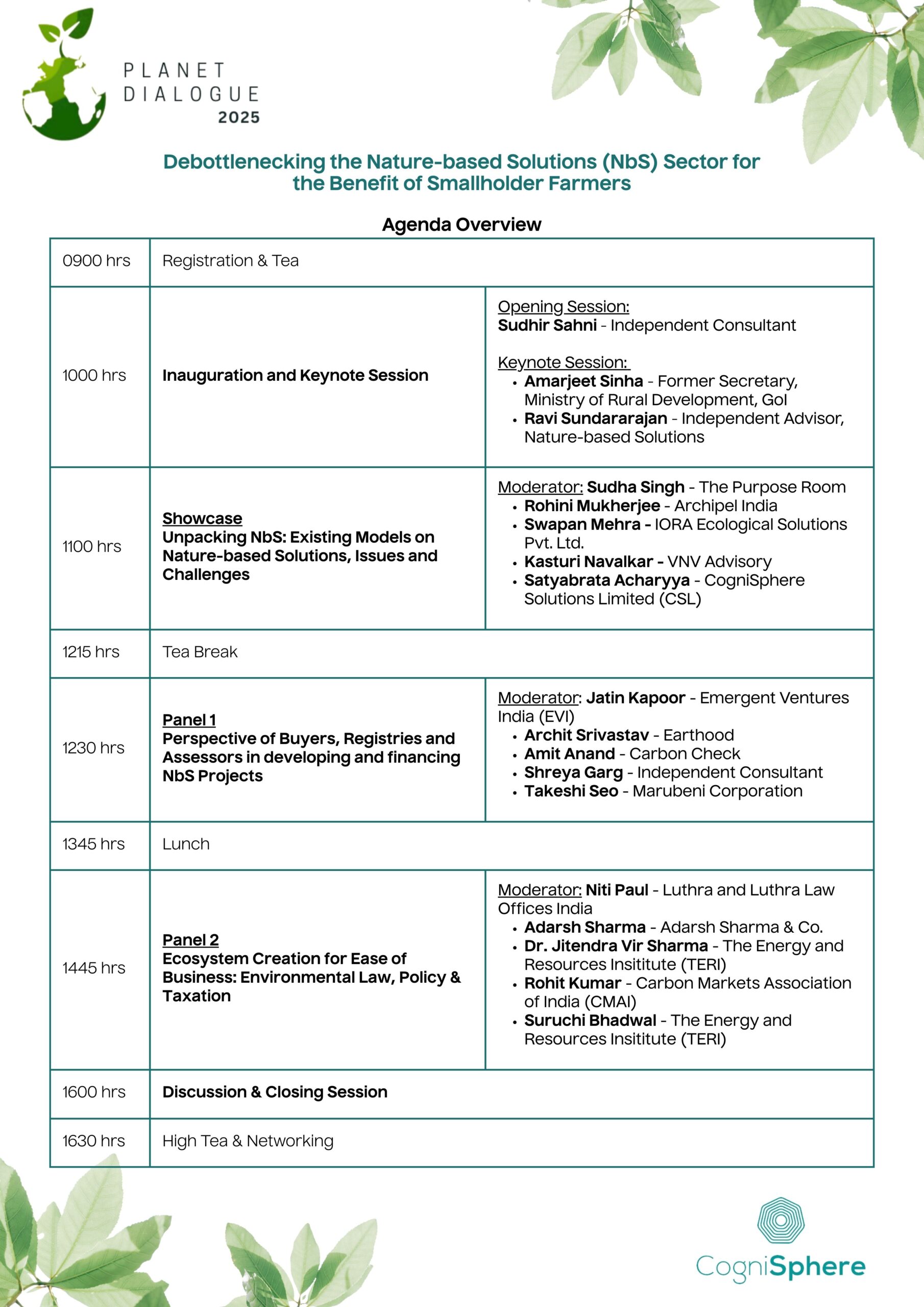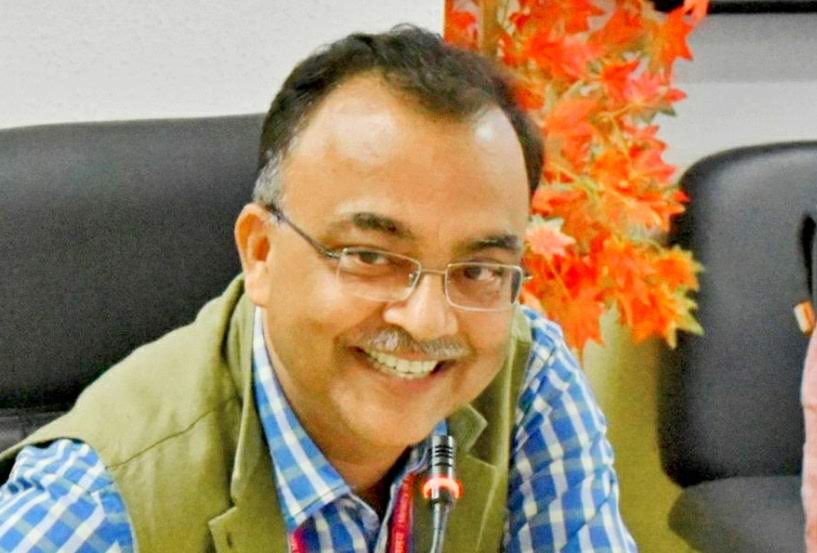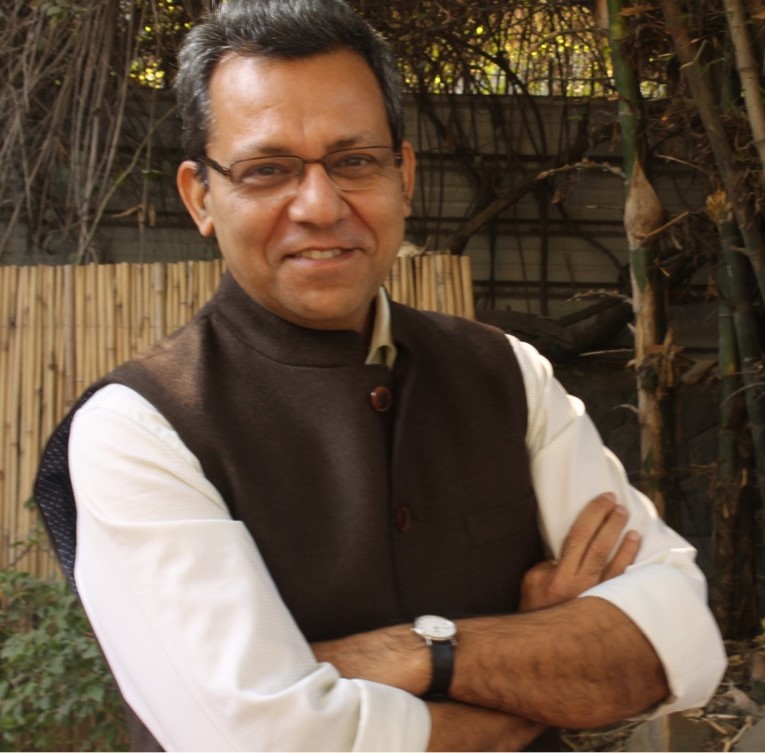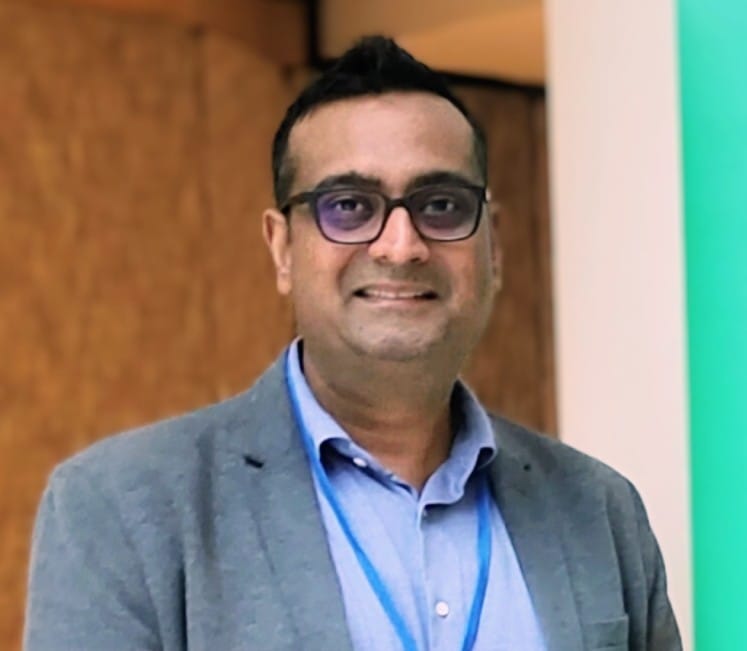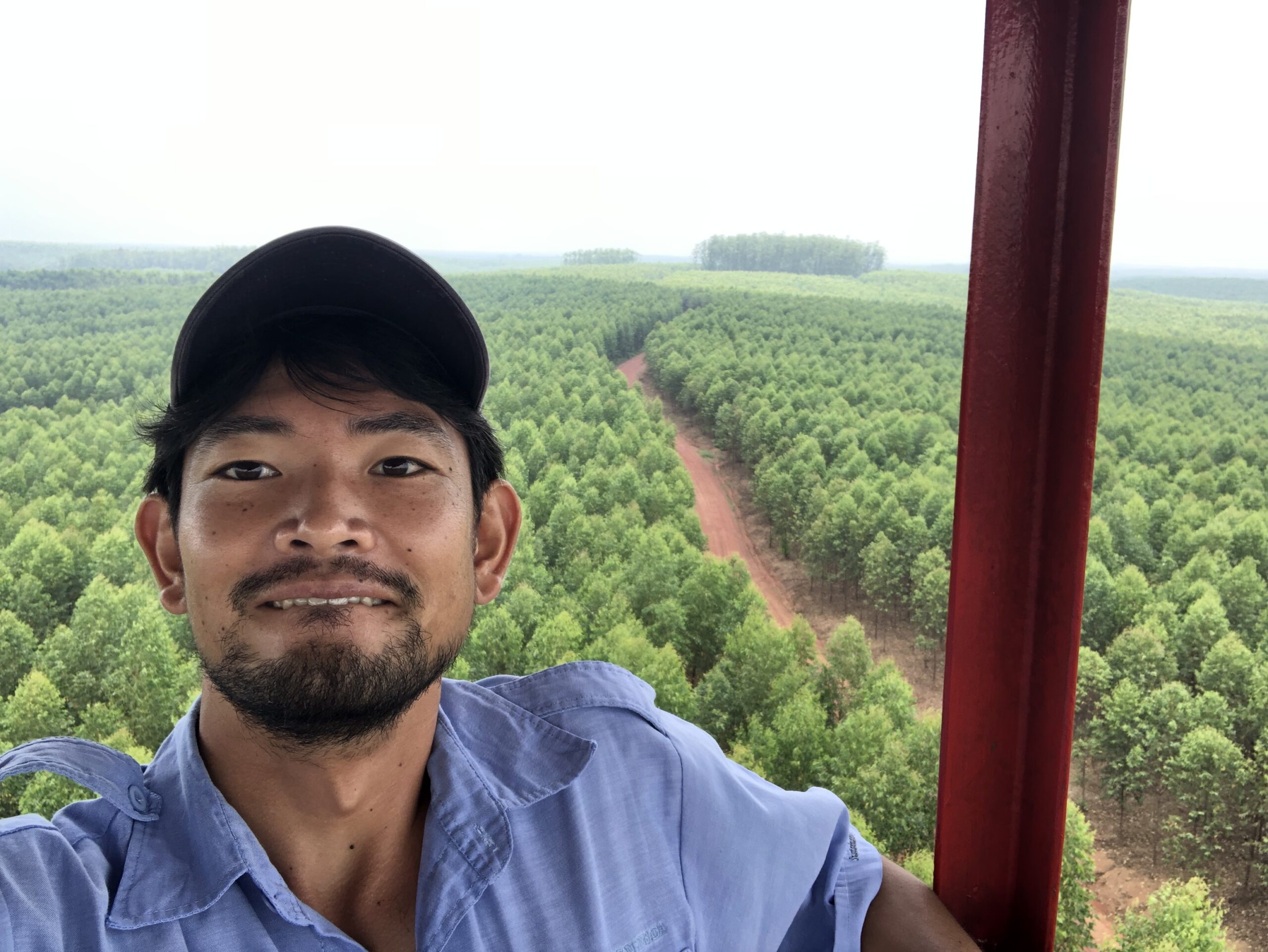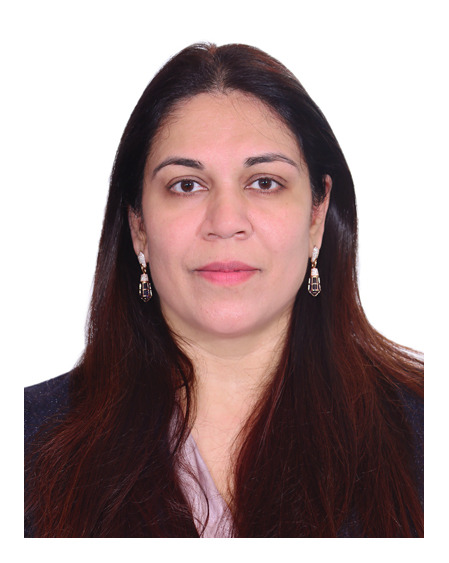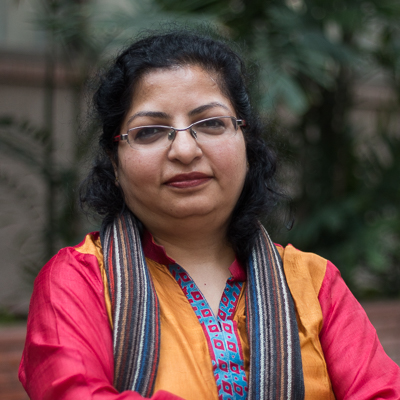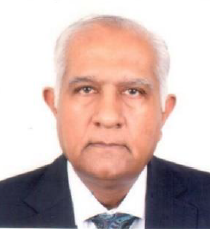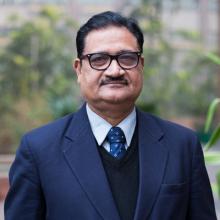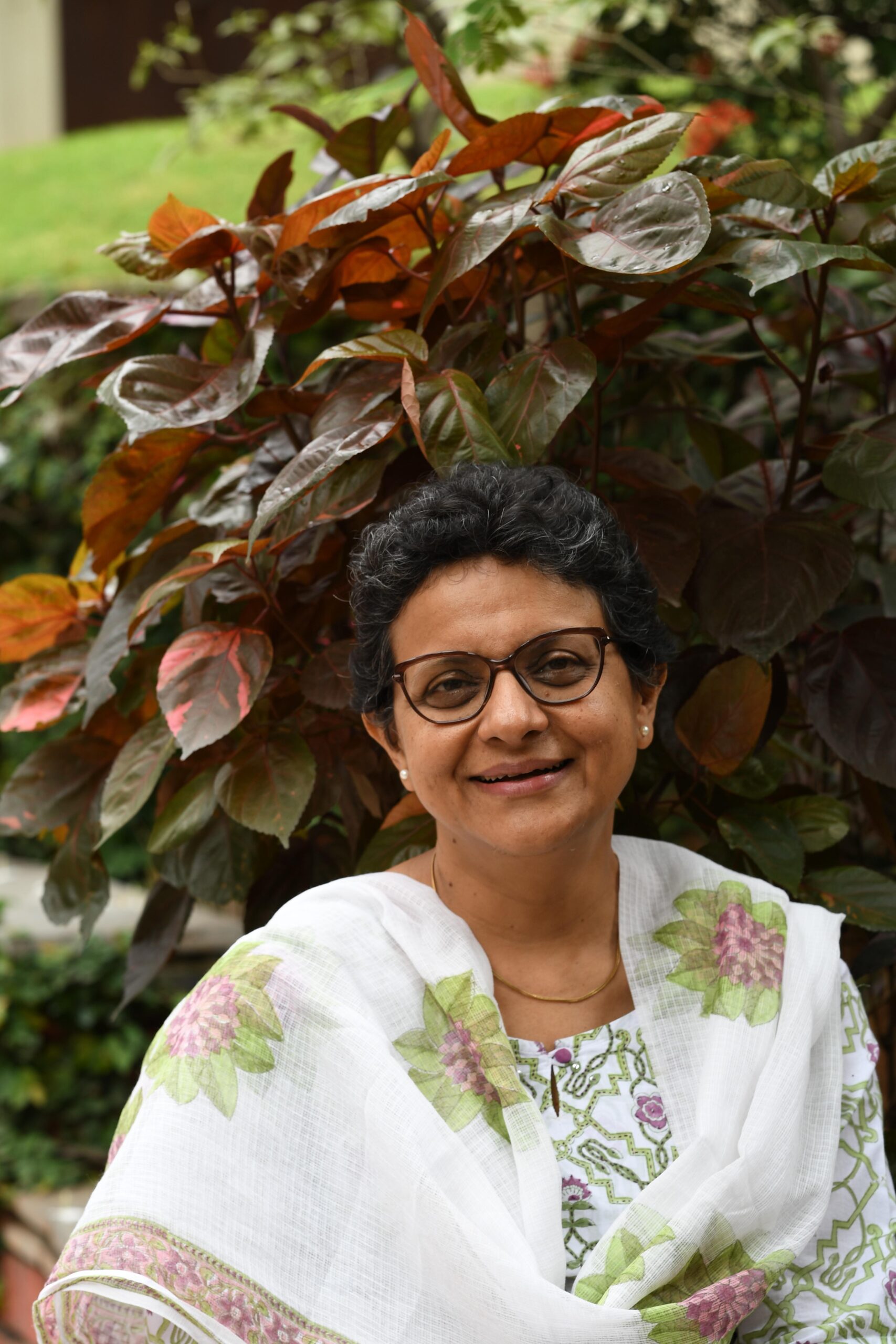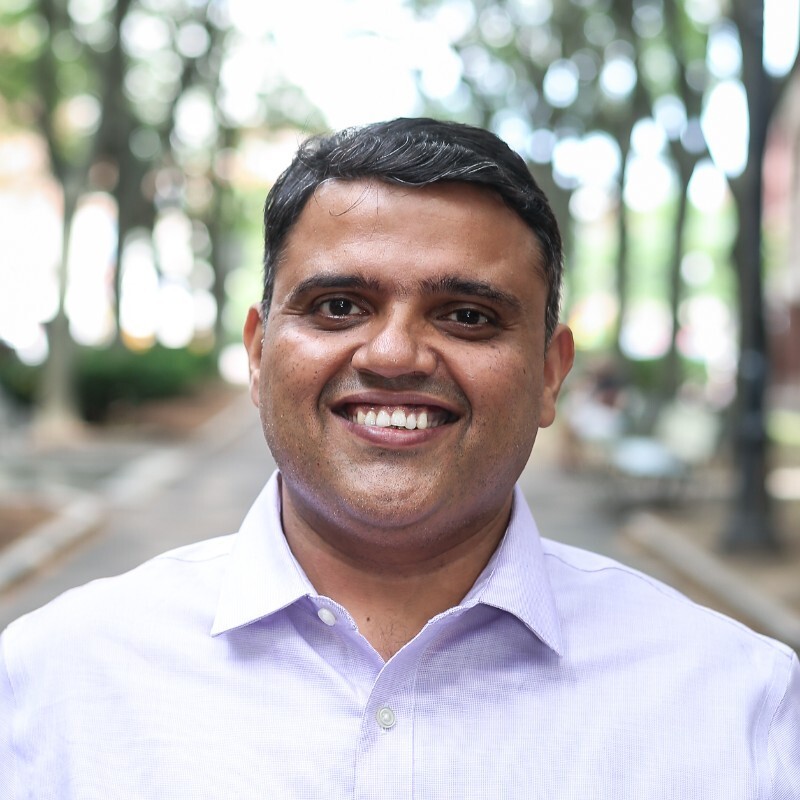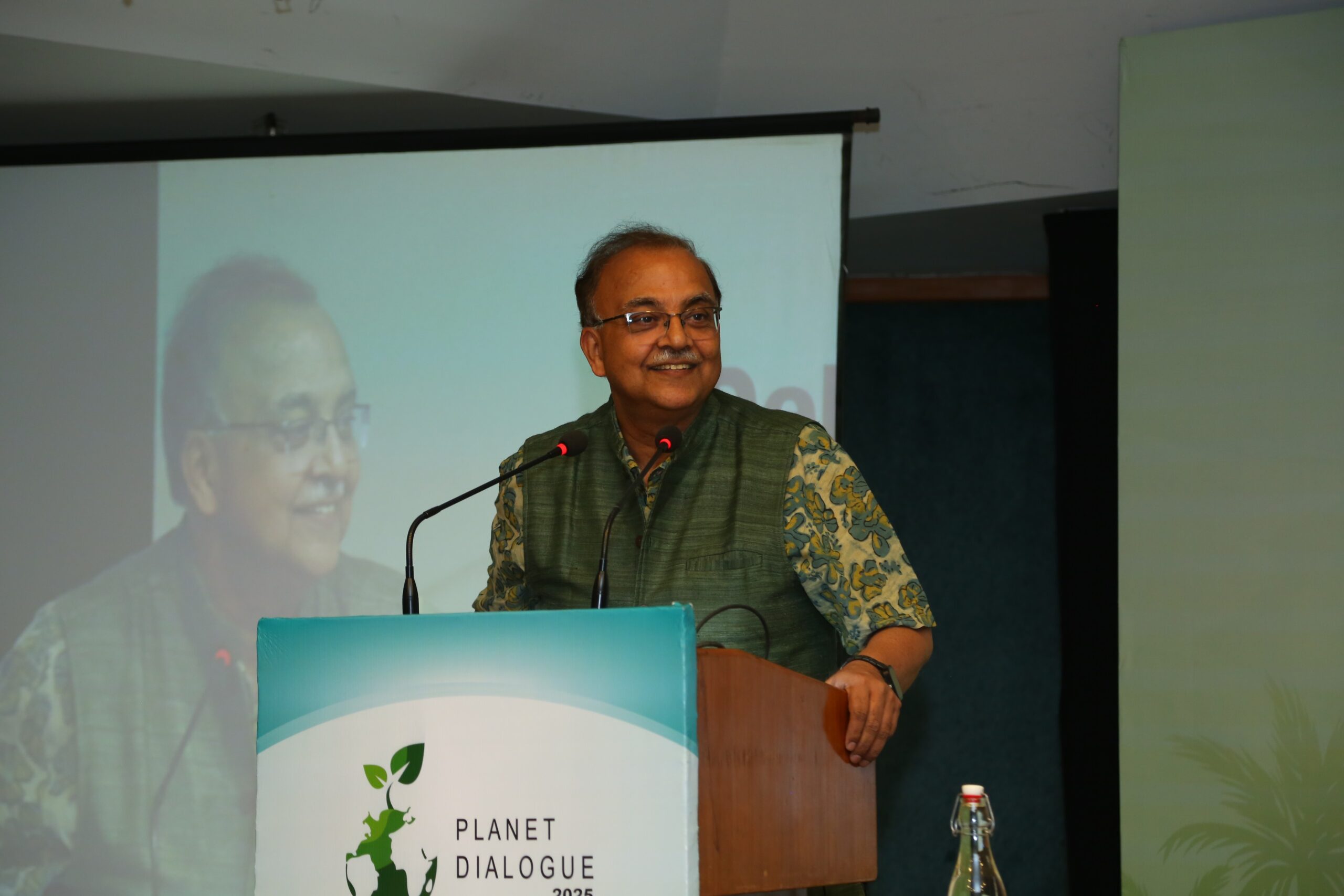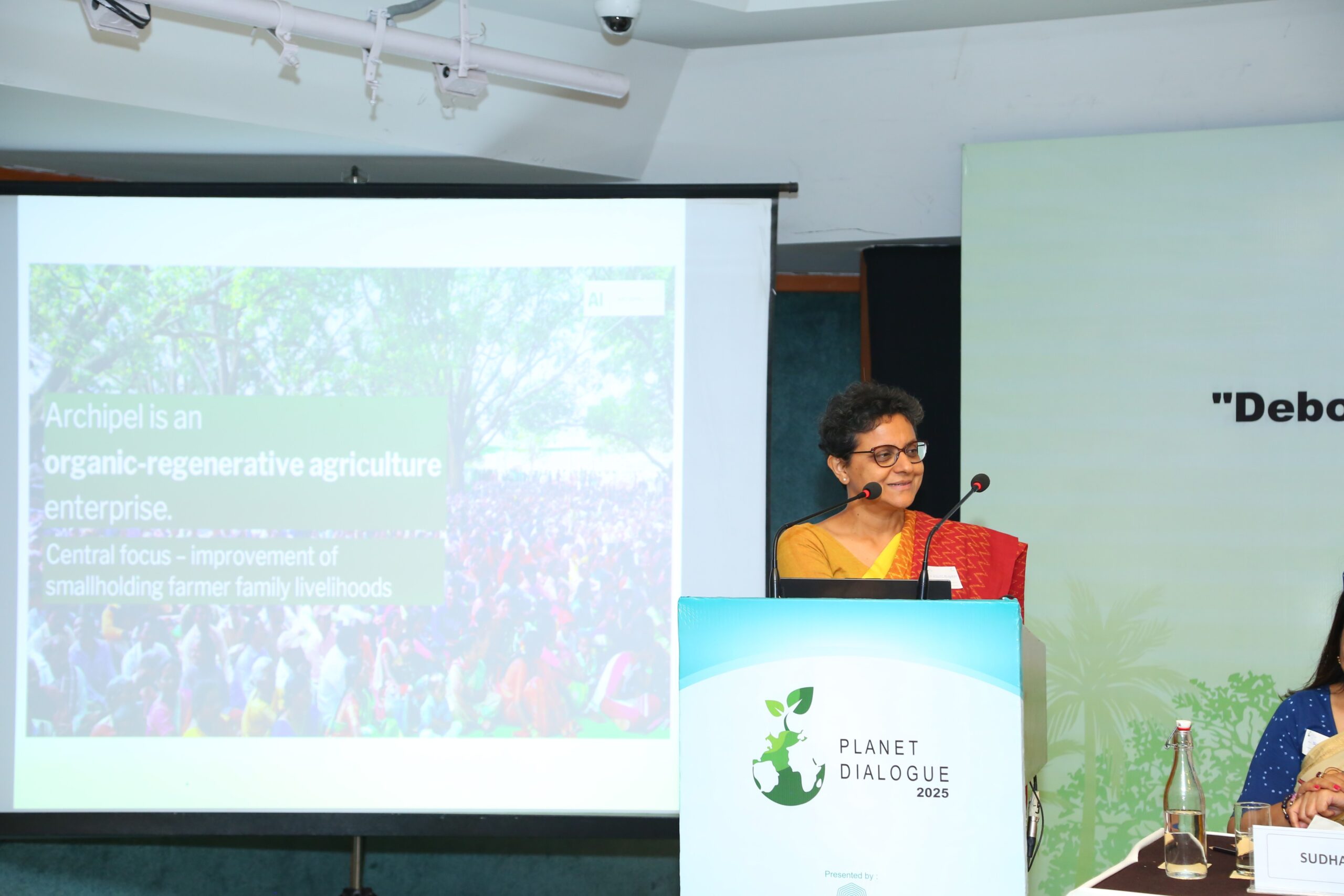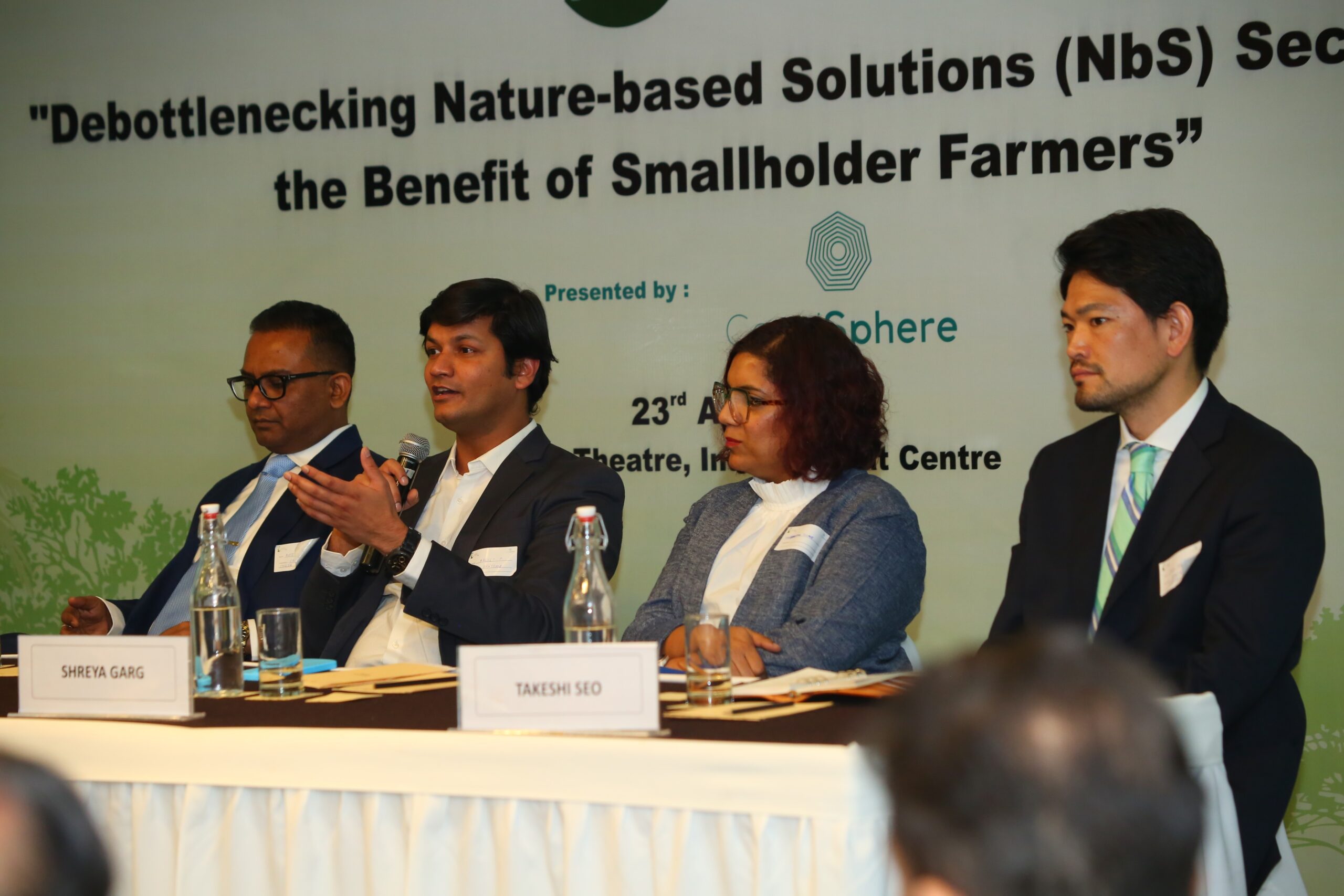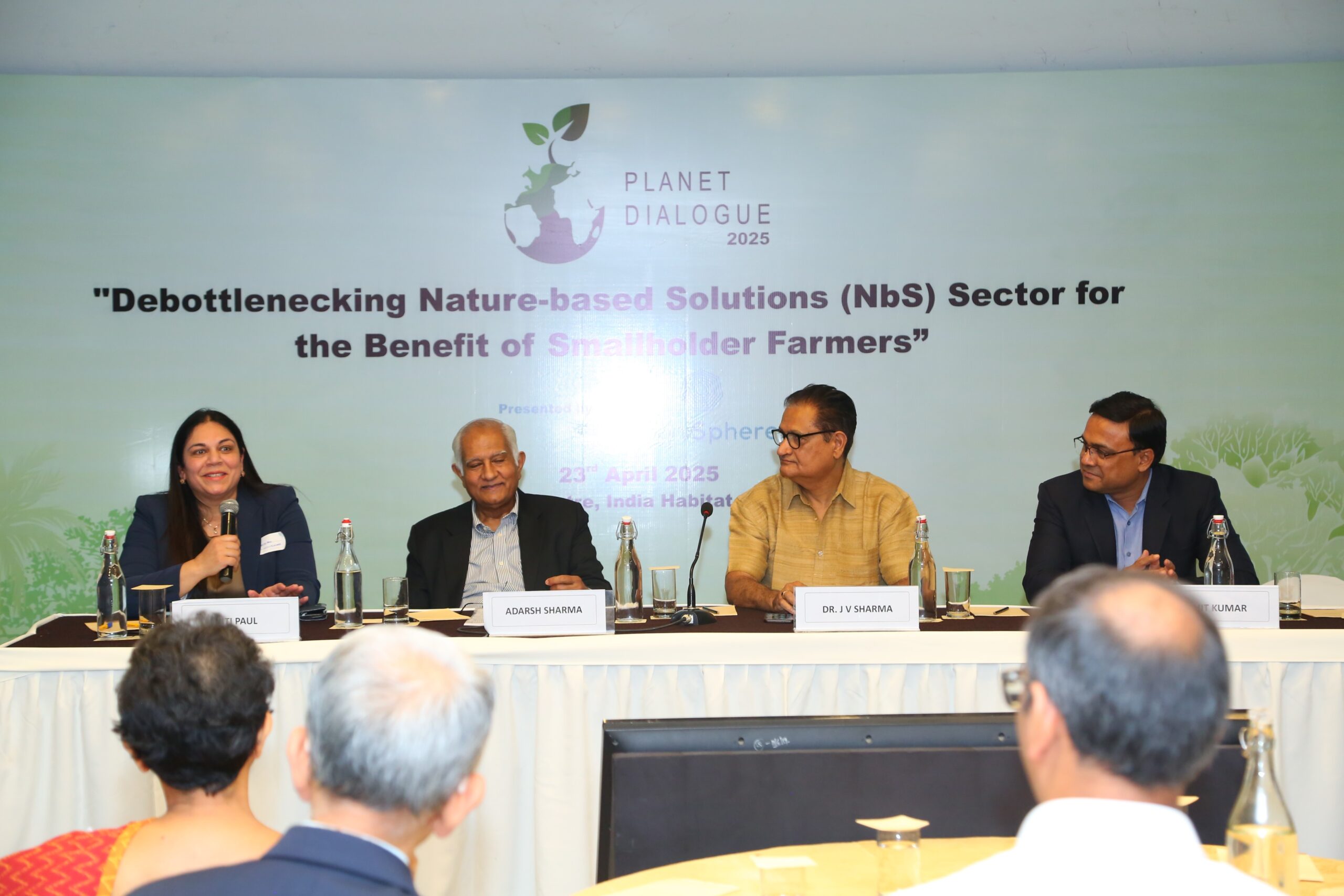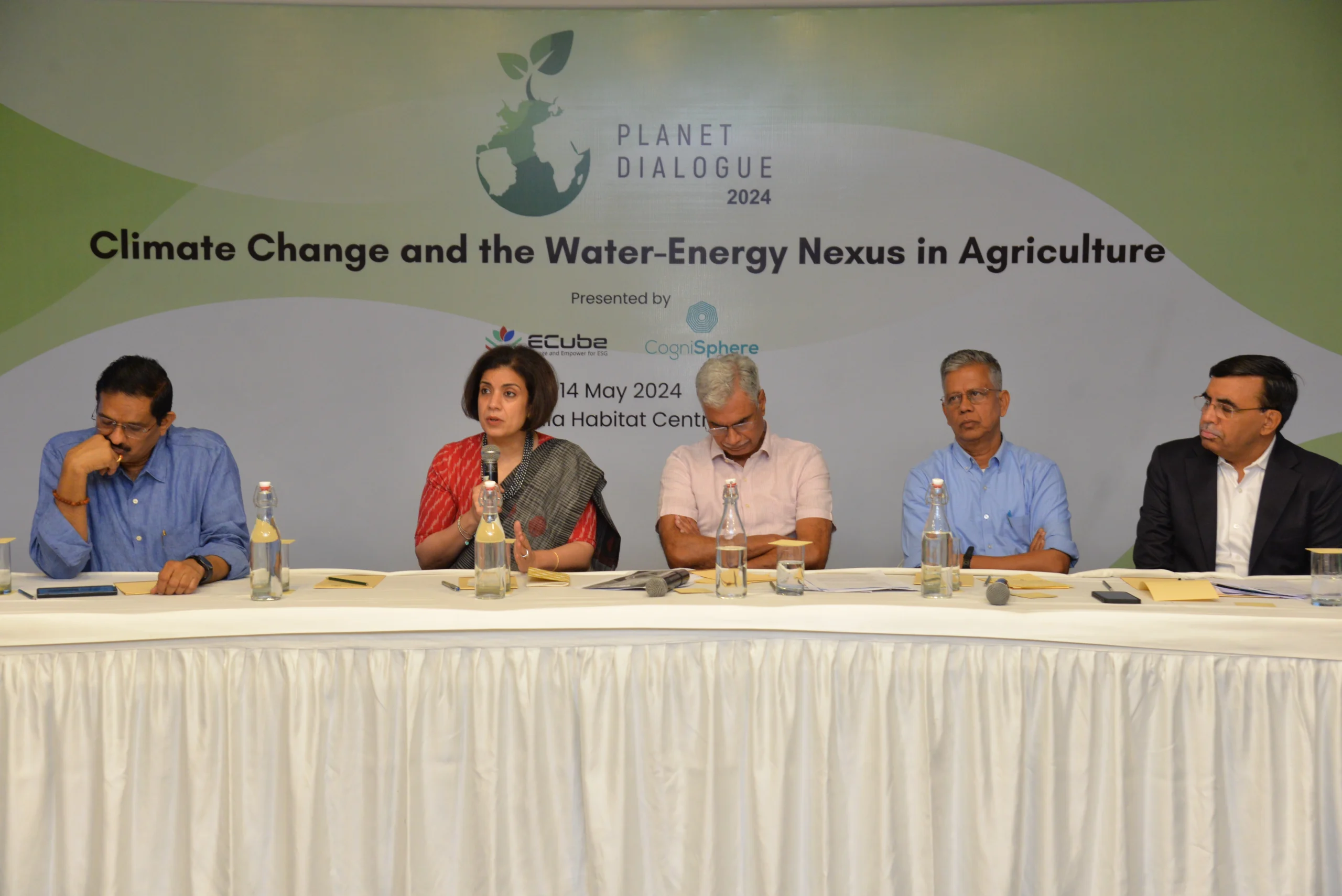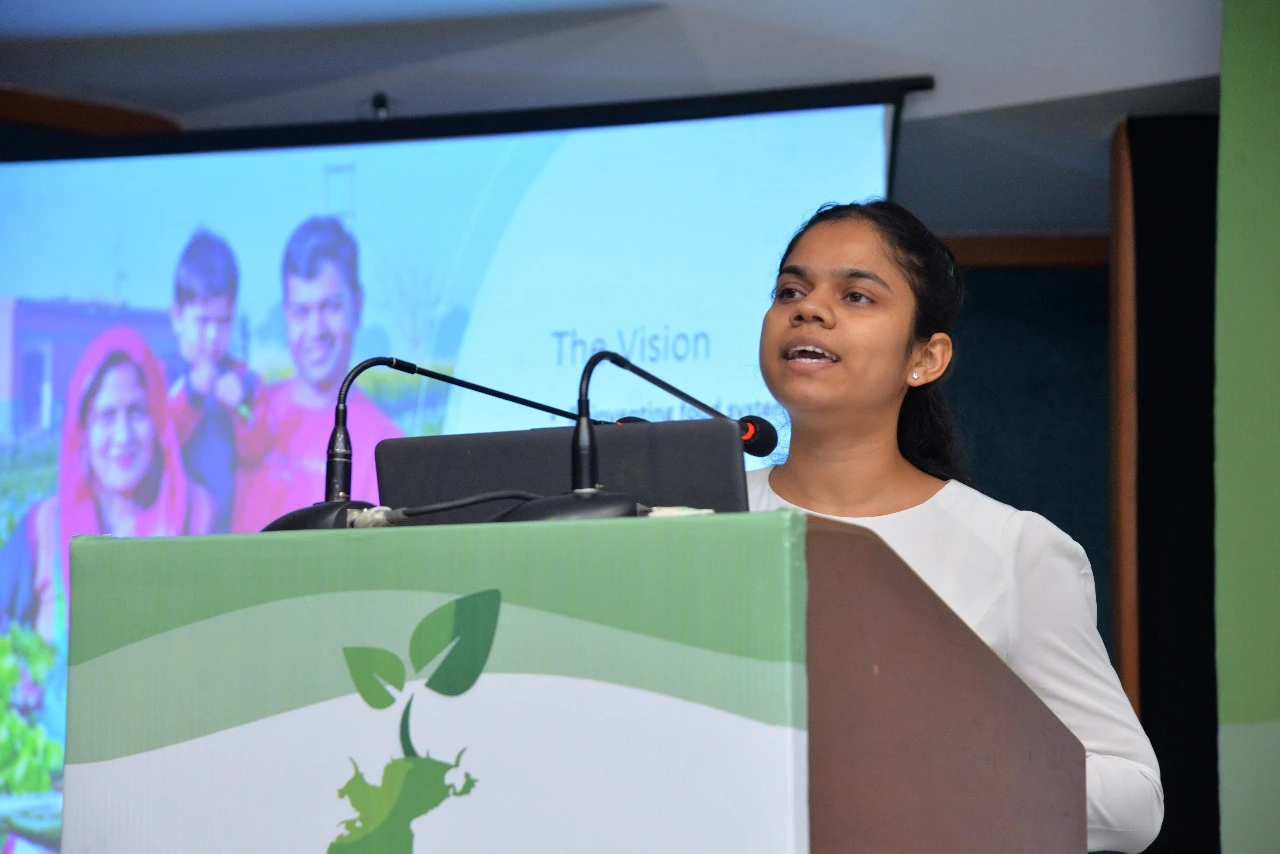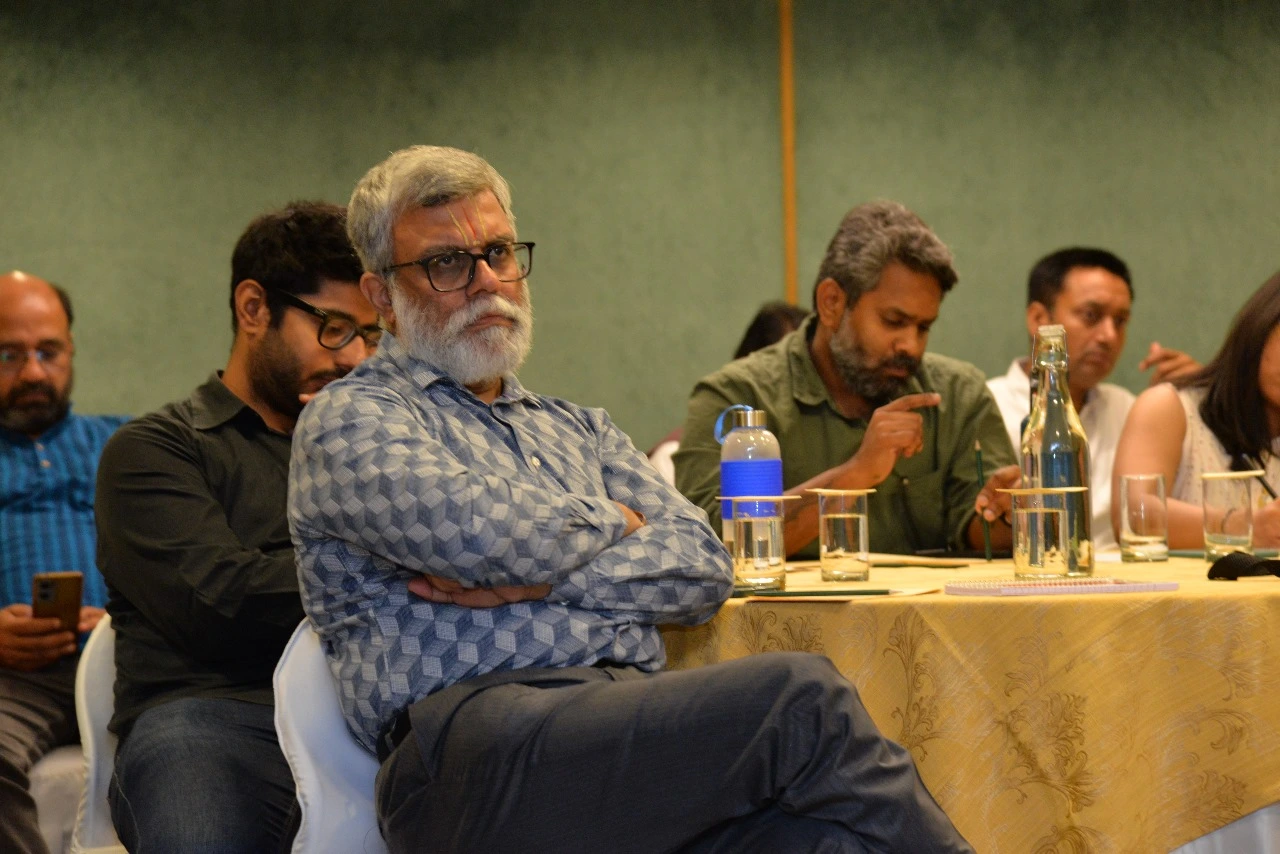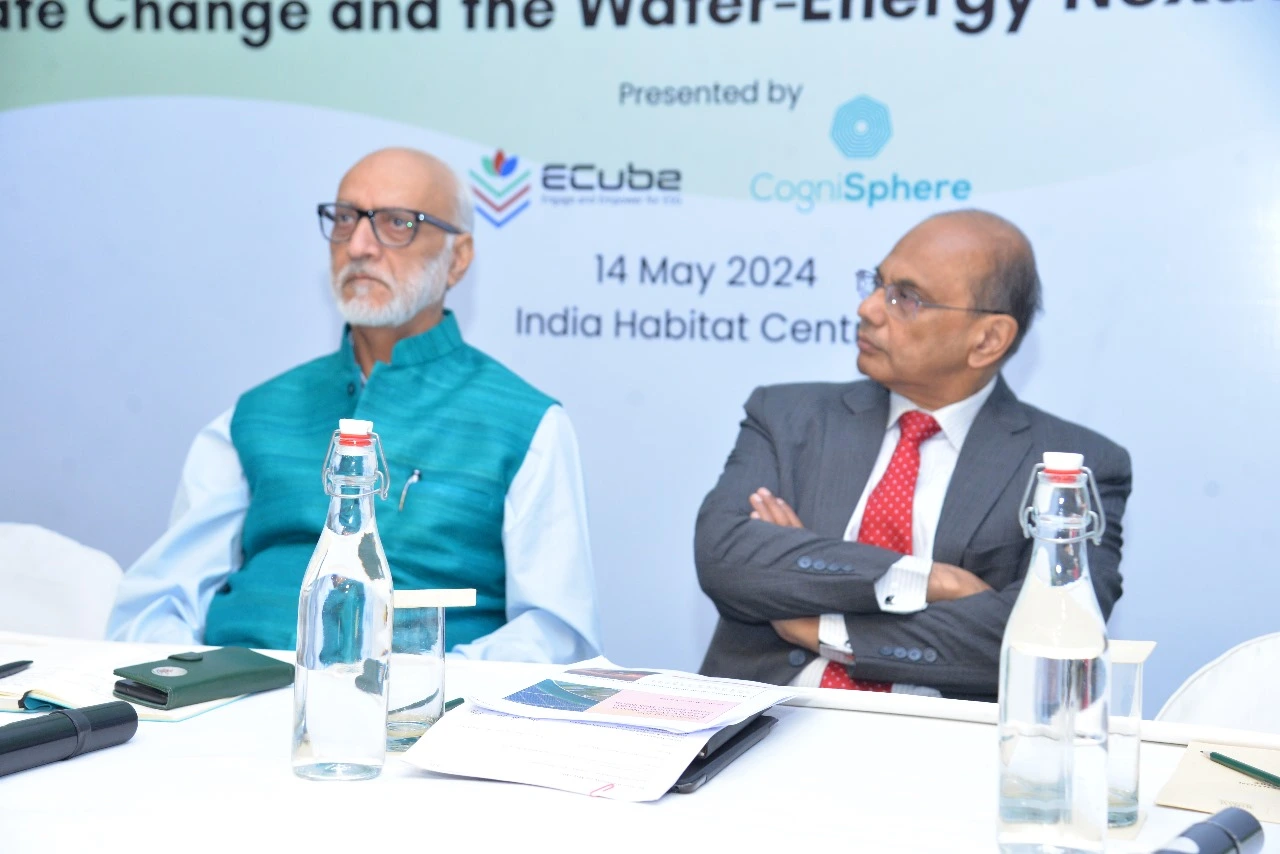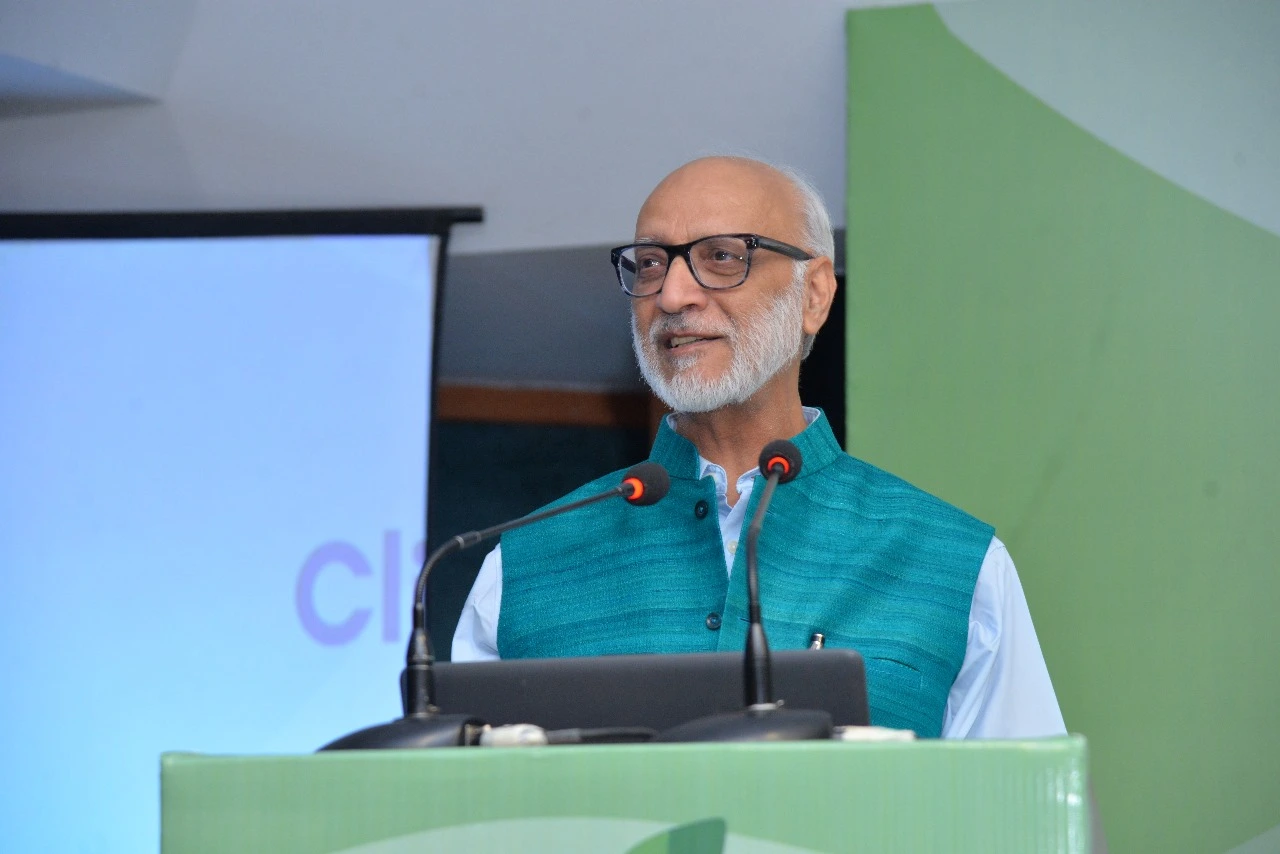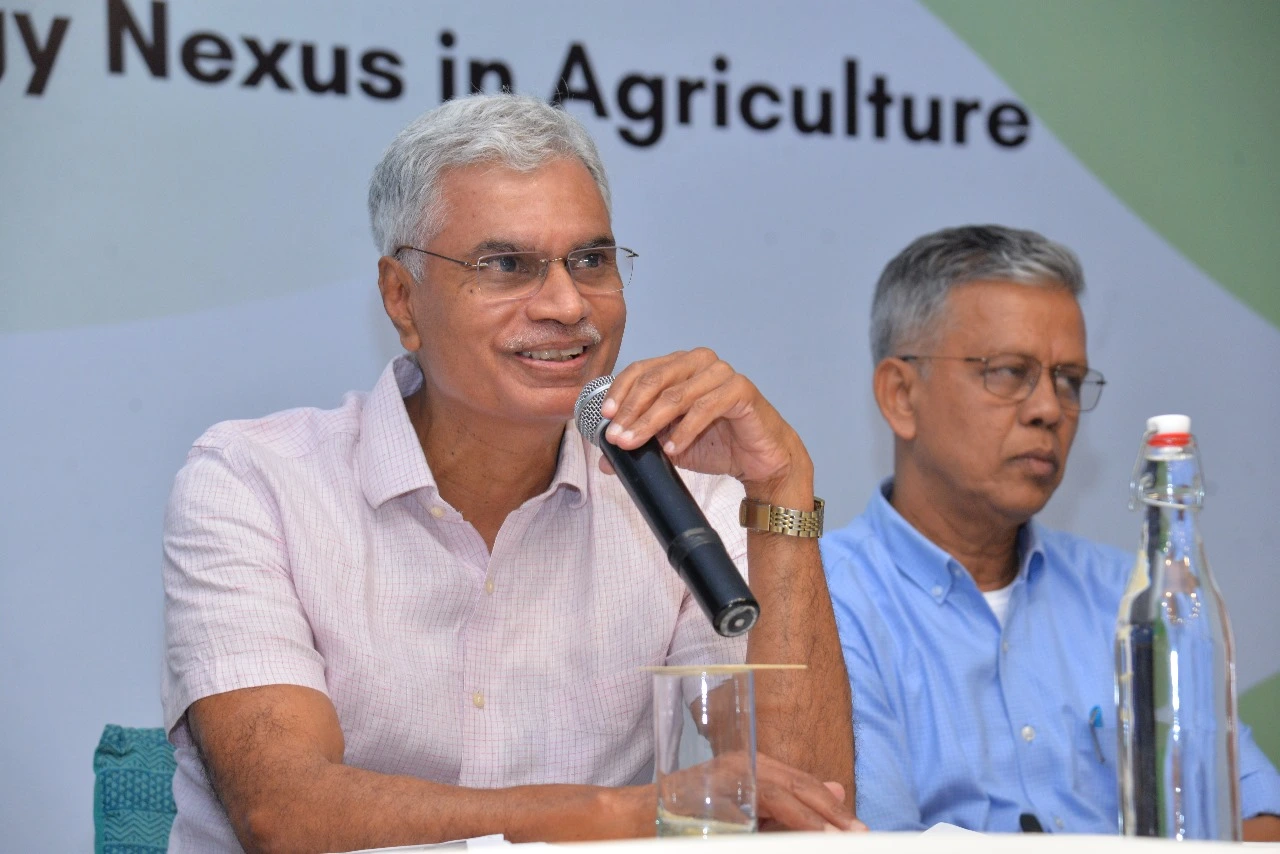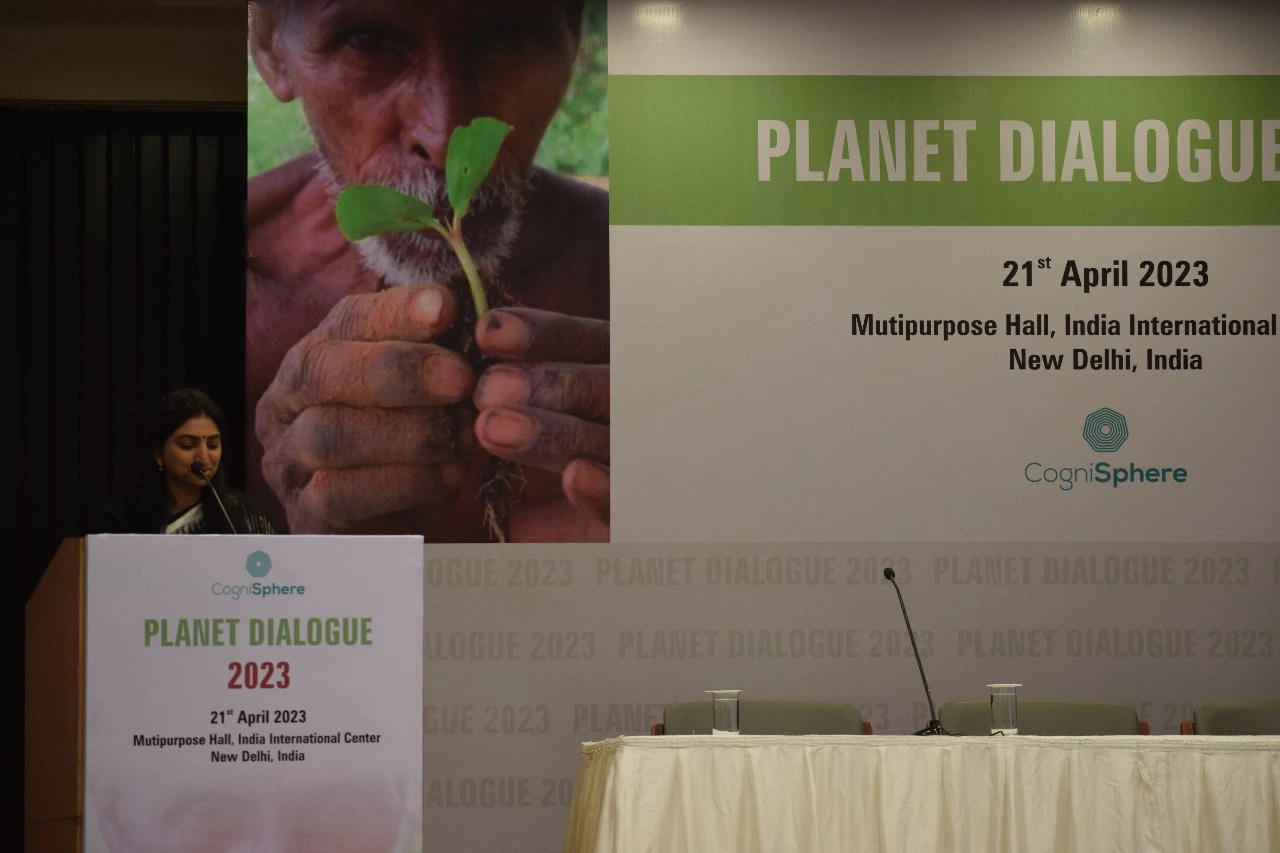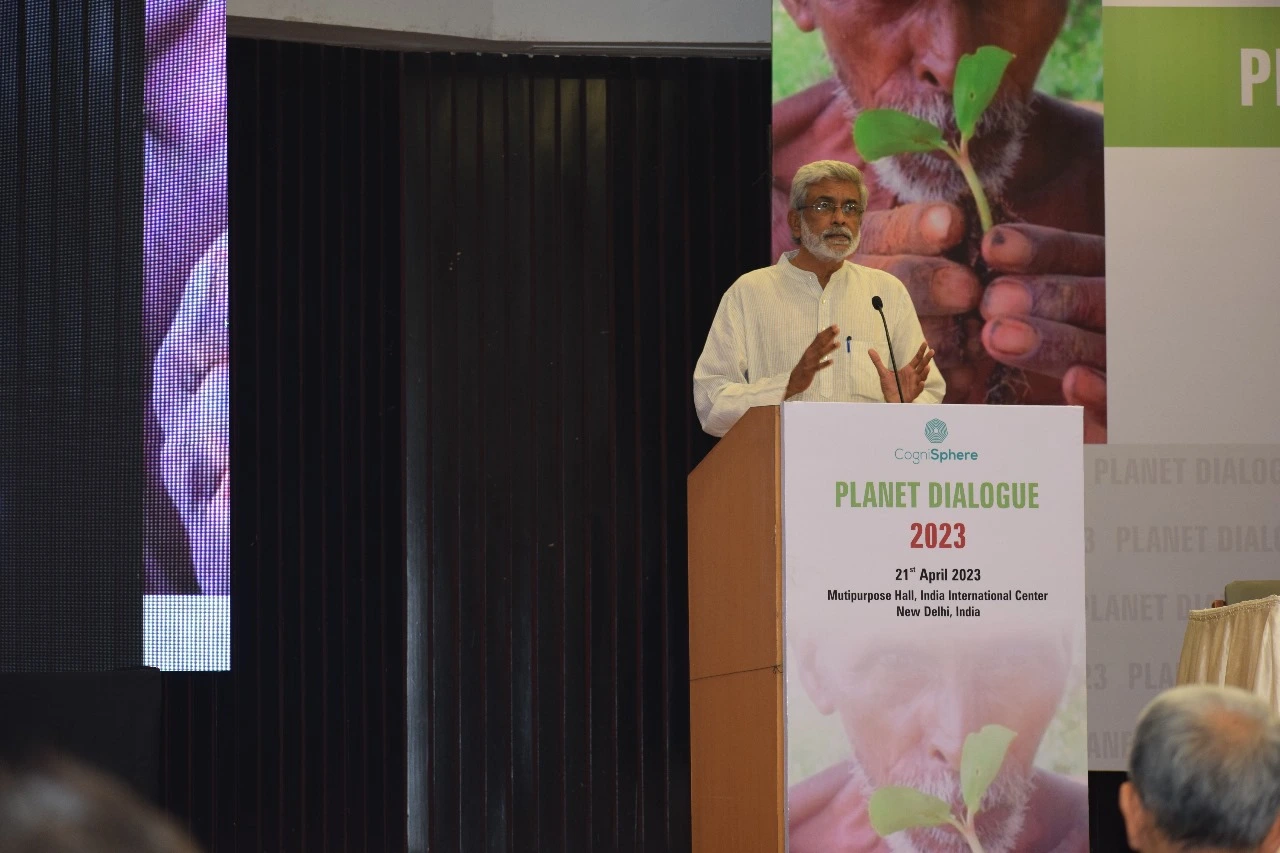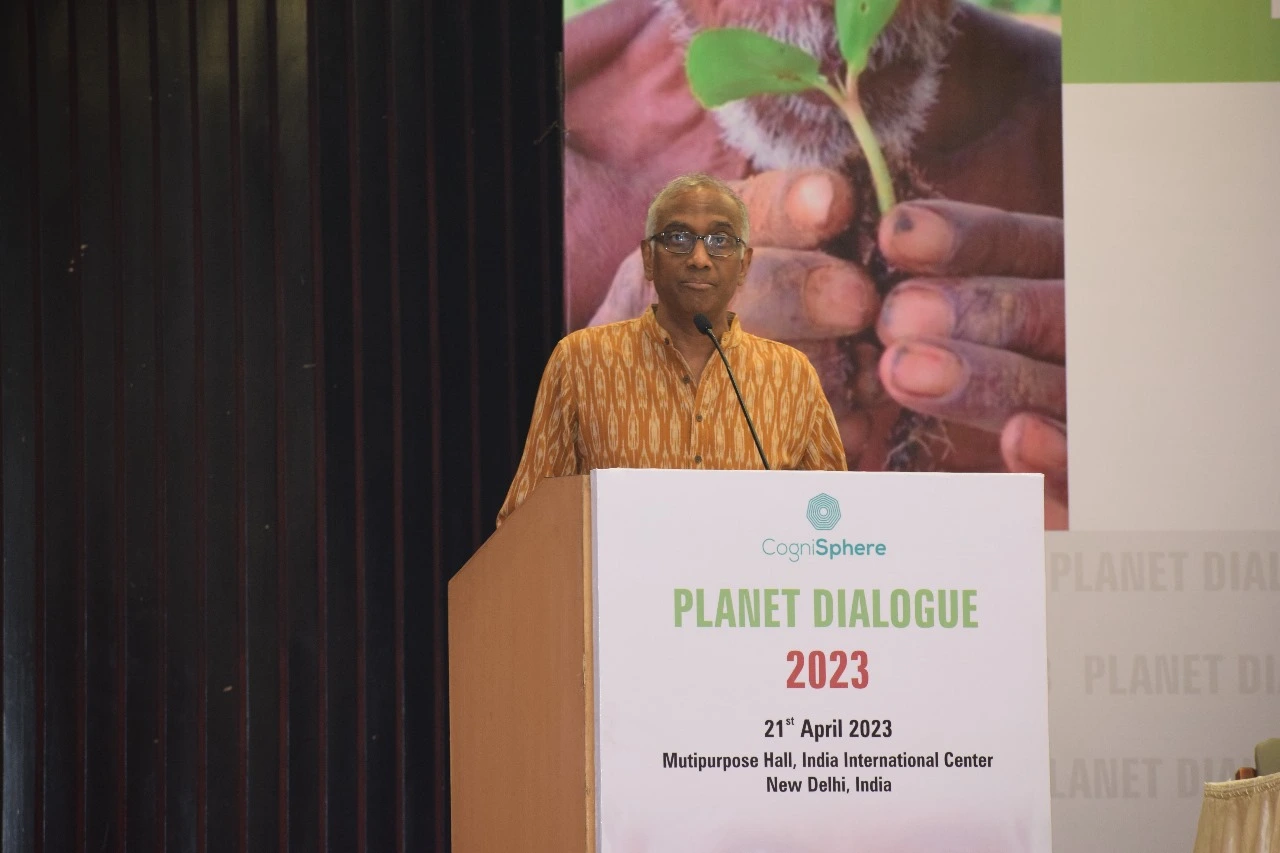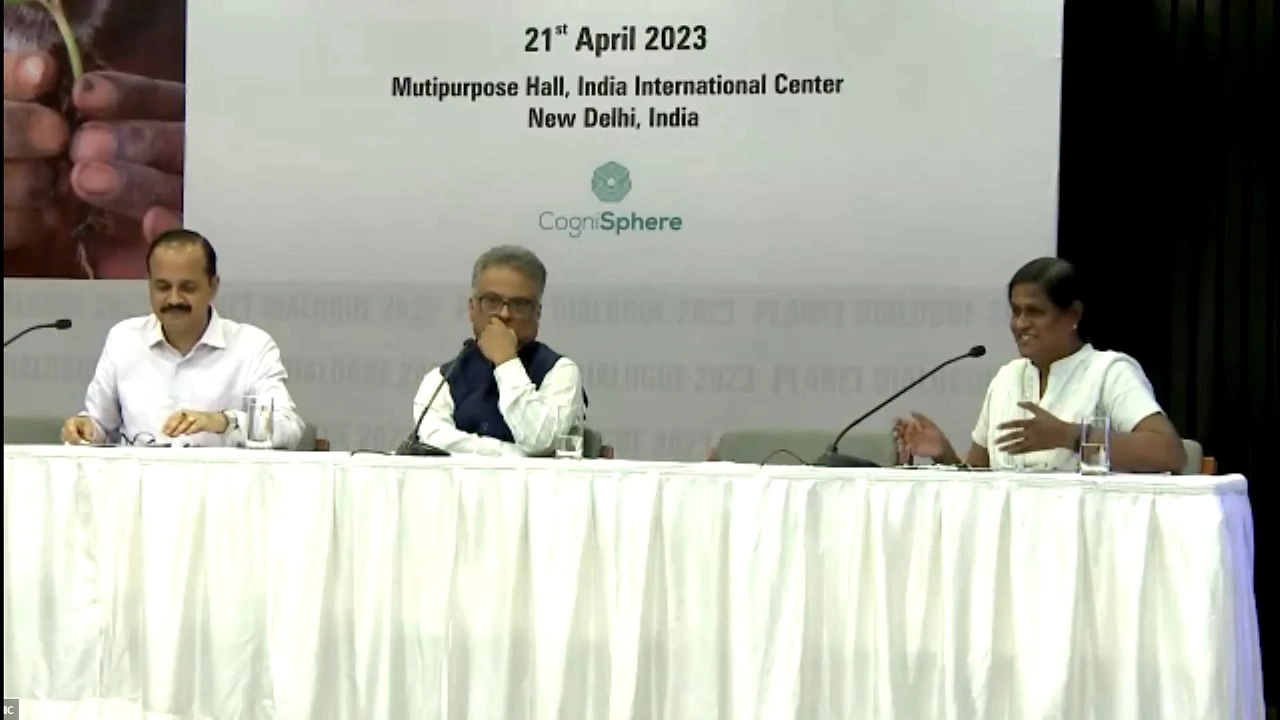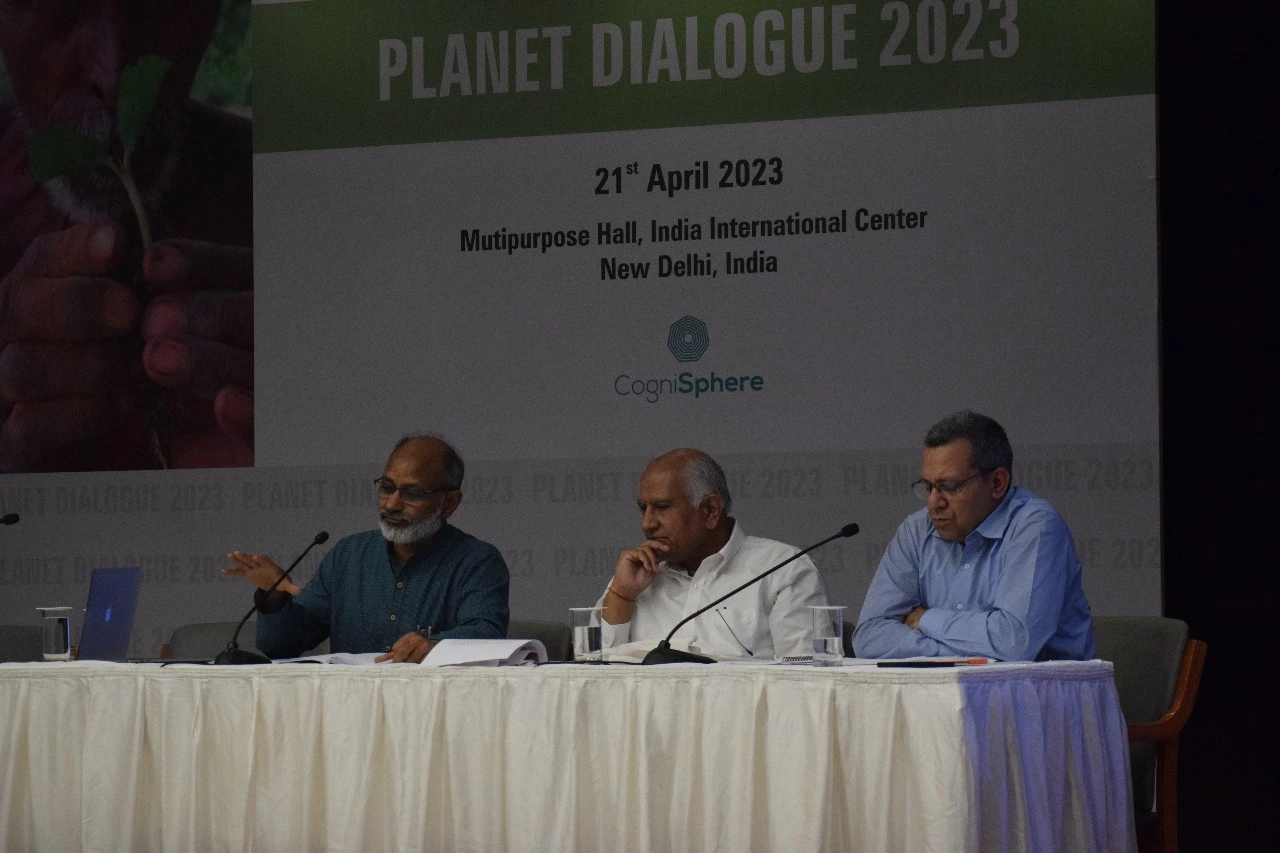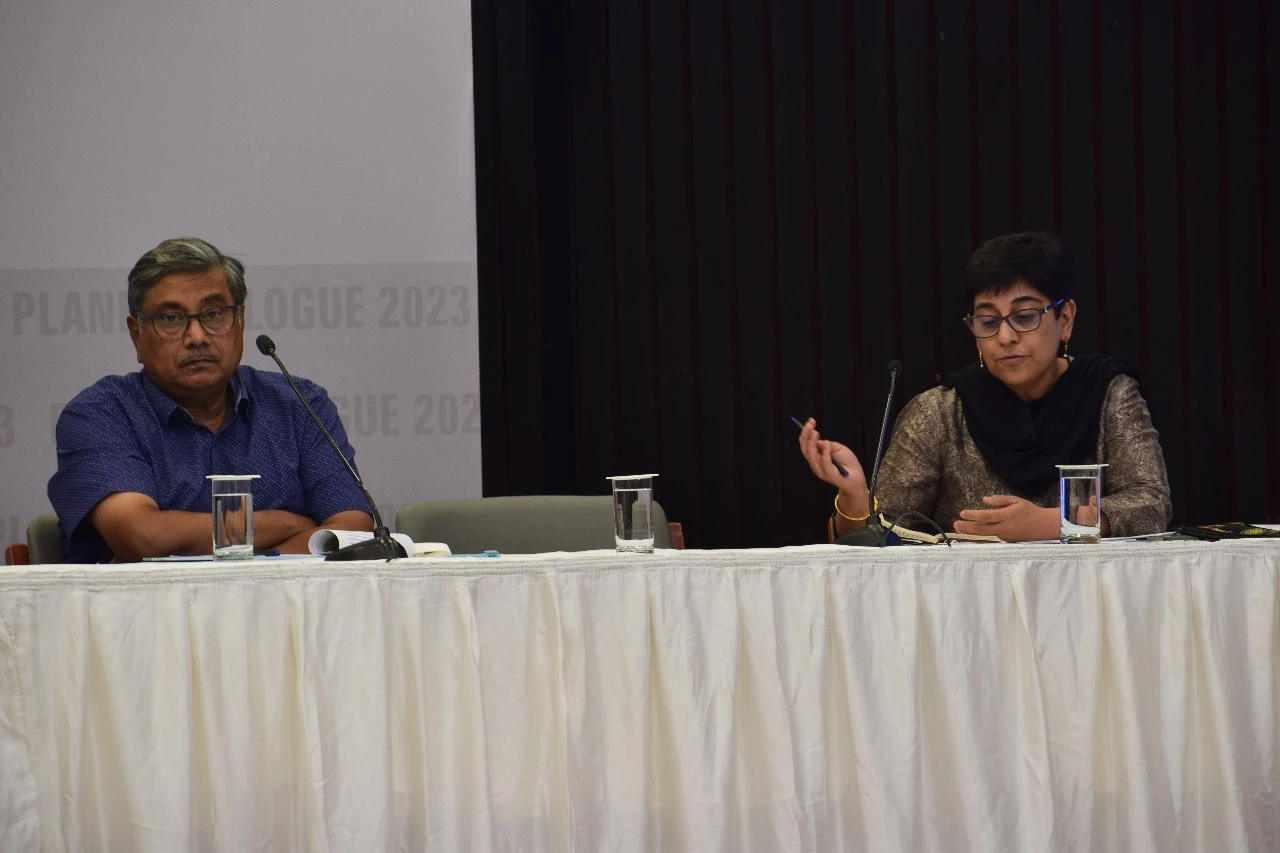1. Preamble:
The climate crisis is a global issue. However, the Global South, which hosts the majority of the world's population, bears a disproportionate burden of climate change, despite contributing the least to greenhouse gas emissions. The short-term impacts are manifested through food insecurity, loss of livelihoods, and large-scale displacement. The long-term effects are multifaceted and profound,ranging from increased social inequality, resource scarcity and conflict to the loss of biodiversity and
heightened health risks. The World Bank estimates that the effects of climate change could push anadditional 100 million people below the most austere poverty line by 2030 and displace 143 million people due to conflict over food and water scarcity by 2050.
In the context of India, the country is highly vulnerable to the impacts of climate change due to its large population, long coastlines, and significant reliance on rainfed agriculture. Approximately 55% of India's population is directly or indirectly dependent on agriculture for their livelihoods. Smallholder farmers constitute an overwhelming majority, comprising mostly of marginalized sections (Scheduled
Castes, Scheduled Tribes, and Other Backward Communities), who possess fewer resources to adapt to or respond to natural catastrophes. India ranks as the seventh most vulnerable country to climate change globally.
The above challenges make it amply clear that there is no time to lose in implementing comprehensive strategies to reverse the trends in climate change and environmental degradation (Pettorelli et al.,2021) and to inform discussions and policy decisions.
2. Importance of Nature Based Solutions:
Nature-based solutions are seen as crucial for reducing the impacts of climate change and protecting ecosystems and biodiversity. Nature-based solutions are actions to protect, restore, and manage natural ecosystems that address societal challenges such as climate change, food and water security,and disaster risk reduction while simultaneously providing benefits for human well-being and biodiversity (World Bank Group, 2022). Estimates suggest that nature-based solutions can provide 37% of the mitigation needed by 2030 to achieve the targets of the Paris Agreement (World Economic Forum Research, 2021).
In the context of India, with its varied geography and ecosystems, a variety of Nature-based Solutions (NbS) tailored to the local context can potentially offer sustainable solutions for tackling India’s climate challenges and their impact on food security and rural livelihoods. For example, solutions like afforestation and reforestation can restore degraded lands, remove atmospheric CO₂, and enhance the hydrology of landscapes. Protecting and restoring mangrove forests can mitigate storm surges and coastal erosion while also supporting biodiversity, fisheries, and livelihoods. The adoption of regenerative agriculture can revitalize soil, promote diversified food systems, and enhance the resilience of smallholder farmers in the face of climate uncertainties. Evidence also suggests that NbS have significant potential to address both climate mitigation and adaptation challenges at relatively low cost while delivering multiple additional benefits for people and nature.
3. Issues and Challenges:
There is growing awareness that Nature-based Solutions (NbS) can help protect us from the impacts of climate change while slowing further warming, supporting biodiversity, and securing ecosystem services. We outline the major challenges to implementing NbS at scale and highlight avenues for further deliberation.
India requires an estimated ₹90,000 crore (approximately $12 billion) annually for Nature-based Solutions (NbS), according to a biodiversity financial needs assessment for implementing India's National Biodiversity Action Plan. Current investments in NbS in India are largely driven by the public sector and fall significantly short of the total requirement. The current annual spending on NbS is approximately ₹20,000 crore. Moreover, public funding is highly schematized and lacks mechanisms to finance comprehensive approaches such as NbS. Additionally, common people face difficulties with eligibility and access.
As is the case globally, India too acutely needs private sector investments in Nature-based Solutions (NbS). One possible strategy to unlock investments in the nature-based sector is through carbon markets. Carbon finance—the use of carbon credits to finance action and enable countries and companies to move towards net zero—has played a significant role in developing NbS globally.However, in India, this is a relatively new concept and is slowly gaining traction. The market can play a crucial role in mobilizing large-scale private finance for NbS by providing a mechanism for companies to offset their emissions through investments in carbon projects.
However, attracting carbon investments from the market comes with its own set of challenges. Besides the novelty of the concept and the lack of clarity and length of time for returns on investment, there are other important issues to consider, as outlined below:
- Absence of a Revenue Model: The lack of tailored models that benefit farmers while also offering viable investment propositions to investors hampers large-scale investments.Additionally, establishing economically viable and ecologically sound models remains a challenge in many regions.
- Policy and Taxation Barriers: Inconsistent policies and unclear tax structures create hurdles for launching NbS projects and managing subsequent processes
- Knowledge and Awareness Gap: Most policies and protocols are formulated by agencies based in the Developed World , with limited understanding of the context of people, land tenure systems, local laws, and administrative frameworks in developing countries like India. This makes the adoption of policies and protocols cumbersome.
- Complex Methodologies and High Cost of Carbon Assessment:For common farmers and smaller agencies, the high cost of carbon assessment becomes prohibitive and acts as a significant entry barrier to the sector. Additionally, there is a pressing need to simplify methodologies so that common people can follow the rules and procedures more easily.
- Lack of Institutional Capacity: There is a shortage of institutions and agencies capable of independently managing the complexities of carbon projects, especially in meeting the requirements of high-quality carbon markets with clear standards, robust monitoring,reporting, and verification (MRV) systems, and mechanisms to address permanence and reversibility.
4. About Planet Dialogue:
Planet Dialogue 2025 marks the third edition of the annual flagship event curated by Cognisphere Solutions Limited. The event provides a platform for dialogue and ideation on pressing climate challenges. This year’s theme, "Debottlenecking the Nature-based Solutions (NbS) Sector for the Benefit of Smallholder Farmers" reflects the urgent need to enhance institutional capacities, mobilize and deploy climate finance, and create institutional ecosystems to build synergy in actions around NbS. The event will feature eminent panellists who will deliberate on the issues and challenges to develop policy recommendations aimed at creating mechanisms for scaling investments and streamlining implementation processes.
